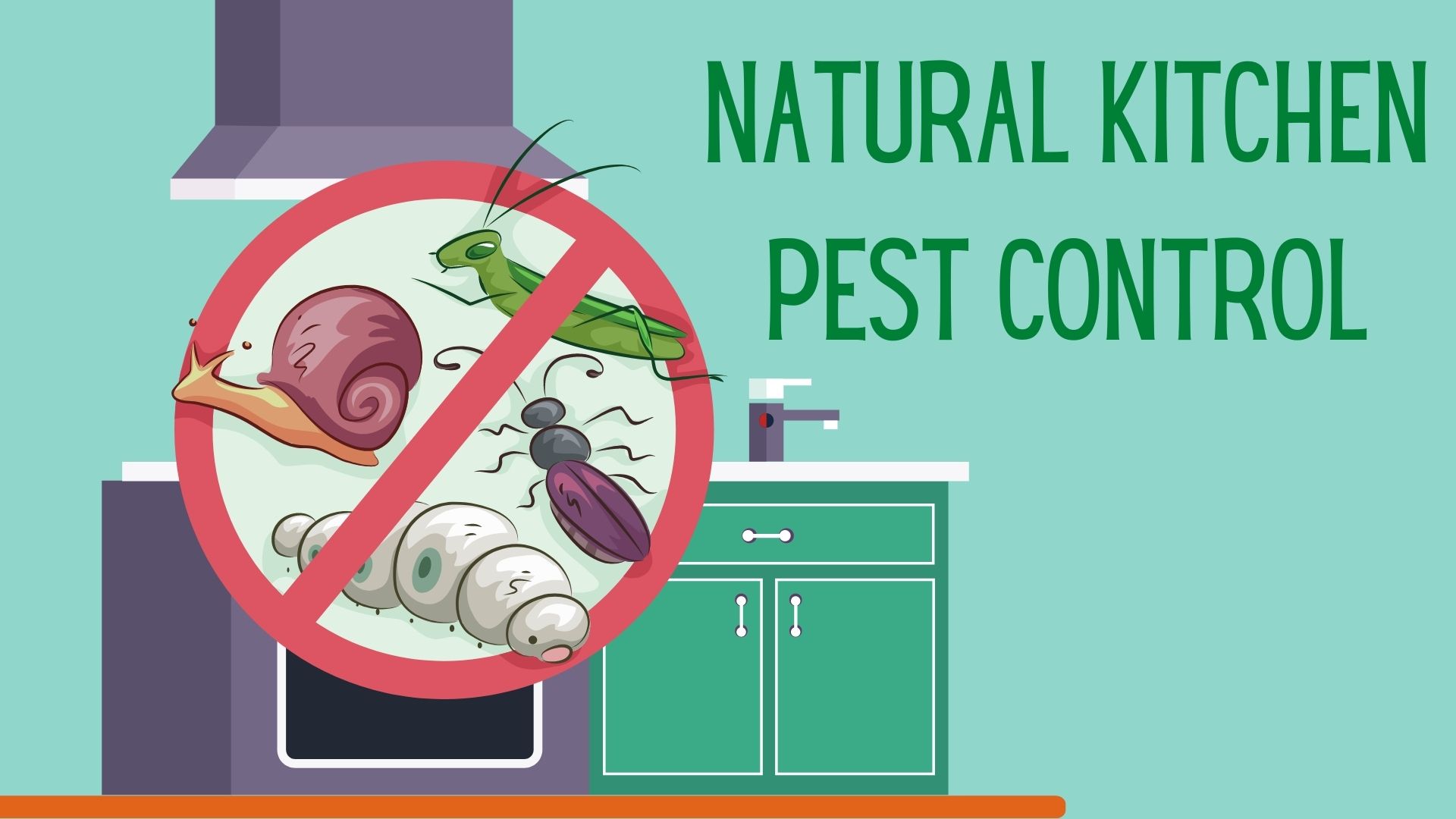“Kitchen” Pesticides
Whether your garden is for eating or for show, garden pests can decimate your Eden if not dealt with quickly. If your garden is not severely infested there are natural substances to use instead of pesticides.
To reduce the likelihood of garden pests you should pay careful attention to your seeds and plants before they are in the ground. Be sure you buy from a reputable dealer, inspect plants for disease and pests before planting, pay attention to your plant’s individual requirements and plant in the appropriate location. Starting with healthy plants goes a long way to preventing garden pests. Also, using healthy organic soil to support your plants and keeping the garden free of weeds and debris which encourage pest growth will make a difference. As hard as it may be, you should remove any weak plants because they attract predators. Another tip is to prevent fungi by watering the garden early in the morning, and do not overwater.
When planting, refer to our earlier article on Companion Planting to learn how to use the natural pest controlling abilities or other vegetables, herbs and flowers to repel harmful insects. If you are still having pest problems, determine what is eating your garden and then follow the tips below for the correct natural solution. Like any pest control, you should test these compounds on a small area before using widely. Remember to water plants an hour or so before dusting or spraying and to avoid treating in full sun.
- If fungi are a problem, make a solution using equal amounts of skim milk and water. Spray it on the plants to prevent mildew and black spots.
- If mealybugs are an issue, rubbing alcohol on a sponge or in a spray bottle can dissolve their waxy protective coating and ultimately kill the insect.
- Diatomaceous earth, made from fossilized water plants called diatoms, works as a good all-purpose insect repellent and treatment. Applied from a shaker to plants and surrounding areas it can rid aphids, ants, mites, earwigs, bedbugs, adult fleas, beetles, cockroaches, snails, and slugs by damaging their outer shell.
- Many essential oils from bio-active plants have strong antimicrobial and pest-repelling properties. The strong scent of peppermint, rosemary, thyme, eucalyptus, lavender, clove, spearmint, basil, and citronella, when a few drops are mixed in water and sprayed on plants, can repel garden pests in general.
- The organic compounds in cold-pressed neem oil act as insect repellents and are effective against aphids, mealybugs, cabbage worms, beetles, leaf miners, ants, and caterpillars. It is also effective in controlling the spread of many types of fungi that infect plants. It is safe when used according to the directions.
- Homemade “tobacco juice” is effective for a range of pests, including whiteflies, gnats, root and leaf aphids, thrips, and leaf miners. It can, however, be toxic to pets so apply with care. Because tobacco stays in the plant’s system for many weeks, restrict use of this spray ONLY to early growth, applied several weeks prior to harvesting. Tomatoes, peppers and eggplants are in the same nightshade family as tobacco and can be susceptible to tobacco mosaic disease, so skip spraying these plants.
- Deter unwanted ants with equal parts of sugar and boric acid sprinkled across ant paths and on anthills for one of the best home remedies that you can try. Be aware, boric acid can cause foliage burn if applied in too strong a concentration or in peak sun.
- The capsaicin in pepper works as a broad-spectrum organic treatment for several garden pests, including aphids, lace bugs, cabbage maggots, and spider mites. Ground cayenne pepper can be dusted around the base of plant stems or over new bulbs from time to time to thwart crawling pests that feed on seedlings. A mix of 1-part red chili peppers, 4-parts water, with a dash of dishwashing liquid, blended, strained and sprayed around your garden boundary every few days should keep the bugs out. Always wear gloves and protect eyes when using.
- Garlic is a great organic pesticide that can destroy harmful insects and keep your valuable plants safe. It is highly effective against aphids, stink bugs, and harlequin cabbage bugs that can destroy plants. Puree one garlic bulb in 2 cups of water, cure for 24 hours, strain into a gallon of water, and transfer to a spray bottle. Spray tops and bottoms of plant leaves after rain or morning watering. Avoid peak sun. Garlic is toxic to dogs so use this carefully and ensure your dogs cannot get access to it.
- Sprinkle your cabbage with self-rising flour and the cabbage worms will fill up and explode.
- Send slugs to a happy death by leaving beer in a shallow container, they can’t get out again.
- When a small quantity of dishwashing liquid is mixed with water and sprayed on insects, the surfactants in the dishwashing liquid break the surface tension of water, allowing it to clog the breathing holes of insects, suffocating them. Rinse any plant in 2 –3 hours to so it does not have the same effect on the plants.
- As with all pest control products, natural or chemical, use responsibly; if you have pets, consult your vet and avoid anything that might harm your pet.
Before you spread toxic pesticides in your garden, give these “kitchen” remedies a try. You might be pleasantly surprised with the results.

